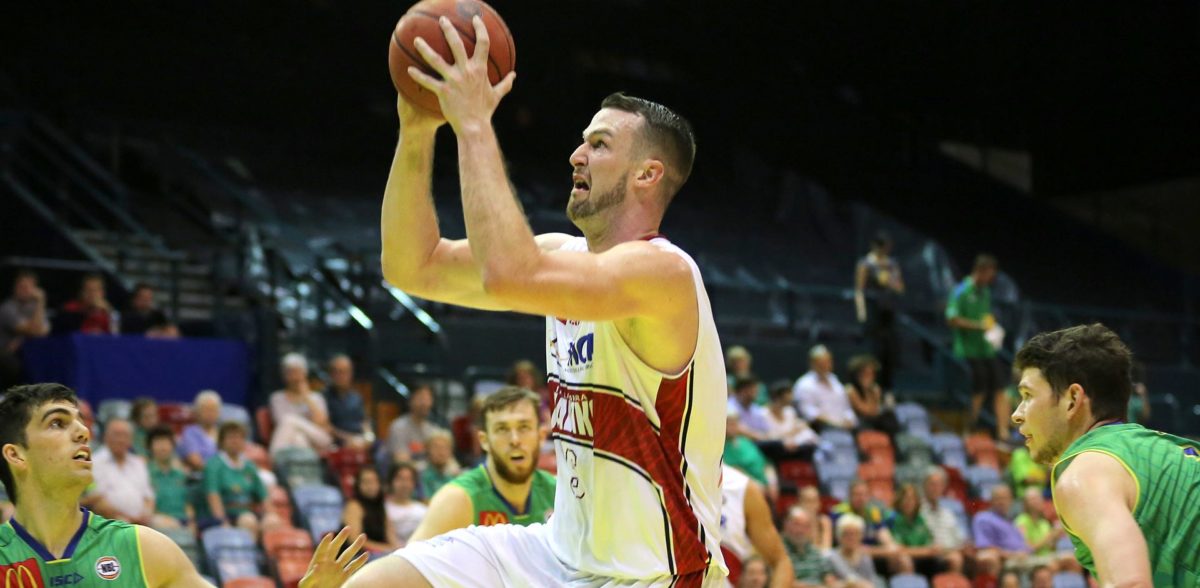
FIBA REGULATION 44 – International Transfer of Players
The letter of clearance may not be limiting or conditional. If applicable, the letter of clearance must mention any sanctions applied under the auspices of the national member federation that may be in force against the player.
Such mention shall include the unexpired period of suspension from playing, the unpaid amount of a monetary fine which is part of the sanction applied by the national member federation, or the unexpired portion of any other sanction.
FIBA must be informed when a letter of clearance is issued where there is an outstanding sanction and a copy of the file relating to the sanction must be sent together with a copy of the letter of clearance (see also article 1-141a)
This is what the FIBA regulations have to say about the international transfer of players.
To explain this simply, a basketball player cannot hold two international playing contracts at one time.
Joey Wright discussed this on a recent edition of the Aussie Hoopla podcast.
For the uniformed the NBL is played under FIBA rules and contracts are formed according to these regulations.
This is why Jerome Randle hasn’t been announced as a contracted player for the Adelaide 36ers. Sure, he has an agreement with the club that he will play for the team in 2016/17, but he cannot sign a contract until his current season with Lithuanian team Žalgiris Kaunas is complete.
It seems fairly straight forward. After all, it would be silly for a team to have a contract with a player then allow him to play for another team in another country. What if he got injured? Which contract would be liable?
So why am I writing about this?
How then can Alex Pledger (signed by New Zealand), Tai Wesley (signed by Melbourne) or Mitch Norton and Nick Kay (both signed by Illawarra) all be playing in the New Zealand NBL?
How can Daniel Johnson (contracted to Adelaide), Kevin Lisch (signed by Sydney) and AJ Ogilvy (how recently signed a three year deal with Illawarra) all currently be playing in Puerto Rico?
It’s simple by doing this they have voided any NBL contract they have.
Now clubs turn a blind eye and/or have an agreement with players that they will return and everything is “hunky dory”, whilst this is the case, why couldn’t another NBL team swoop in and sign these players whilst they are playing in another country.
The answer is they very well could.
Adelaide seem to be struggling to fill roster spots and Perth always seem sign great talent from out of nowhere. Remember what happened when Hugh Greenwood chose AFL… Hello Nathan Jawai! Could they pounce on a Ogilvy, Pledger or Lisch?
Cast your mind back to the recent NBL All-Australian Team who visited China in April. It had been announced that Norton had signed with Illawarra, but since he was also playing in New Zealand did Andrej Lemanis have a quiet word to Norton about joining his Bullets team? If he had of would Norton have gone?
Who knows if it did or didn’t happen, but what if it did?
Coincidentally the coaching staff from that team was made up completely of Brisbane Bullets staff (Lemanis and Mick Downer). With Clint Stiendl and David Barlow both free agents at the time wasn’t this tour an unfair recruiting advantage for Brisbane?
If Stiendl signs with Brisbane this season is it because of both Lemanis and Downer getting the chance to “tag-team” him with conversations of the potential joys of playing in the Brisbane Convention Centre?
Why wasn’t an impartial coach, maybe the unemployed Shawn Dennis given the reigns of that team. Thus giving no NBL team a recruiting advantage.
At the very least why wasn’t a mixture of NBL coaches selected to lead that tour for parity reason? No offence to Mick Downer but wouldn’t someone like Rob Beveridge or Aaron Fearne be a more worthy coach to reward with an international coaching position?
I digress.
Although a player “perceived” to be in an NBL contract could escape his contract if he wasn’t happy with the terms just by playing in another country during the off-season it’s unlikely we’ll see this year. None the less shouldn’t it be something that is addressed?
With more NBL players signing multi-year deals this season than ever before it seems this scenario is now more likely than ever.
Should NBL teams be extra careful when giving their players their blessing to play overseas in future? Should they even ban players for doing so?
What happens if it does happen? Who gets the blame, the teams, the players or the NBL?









